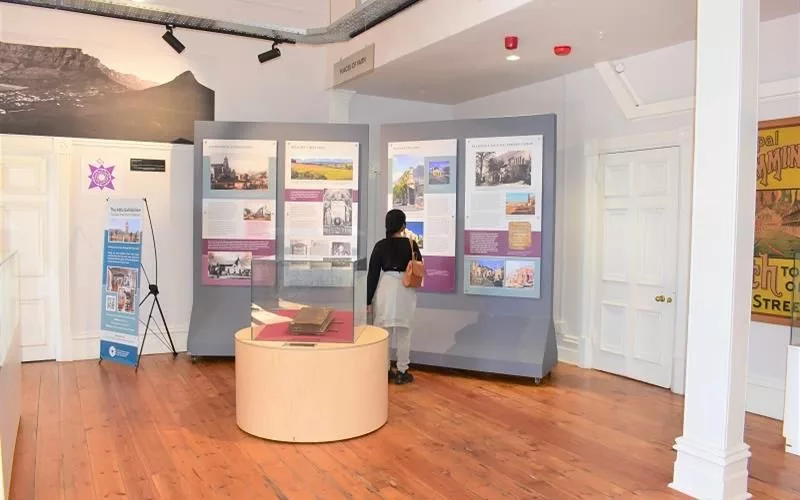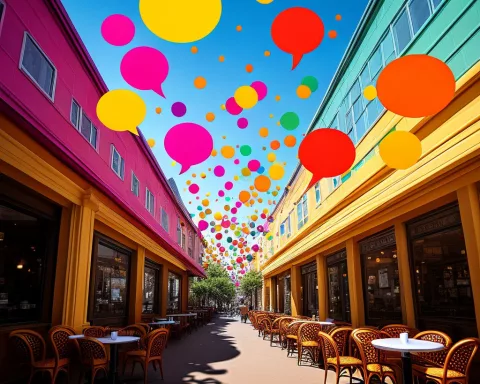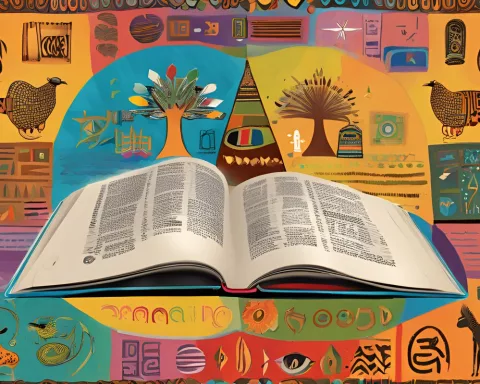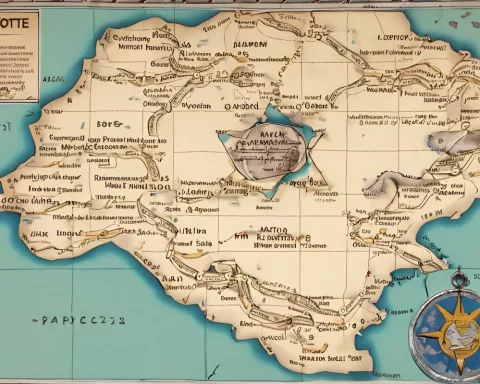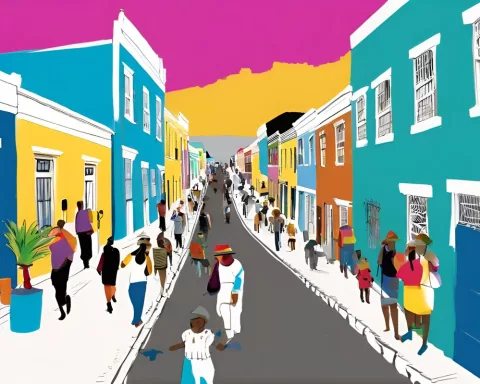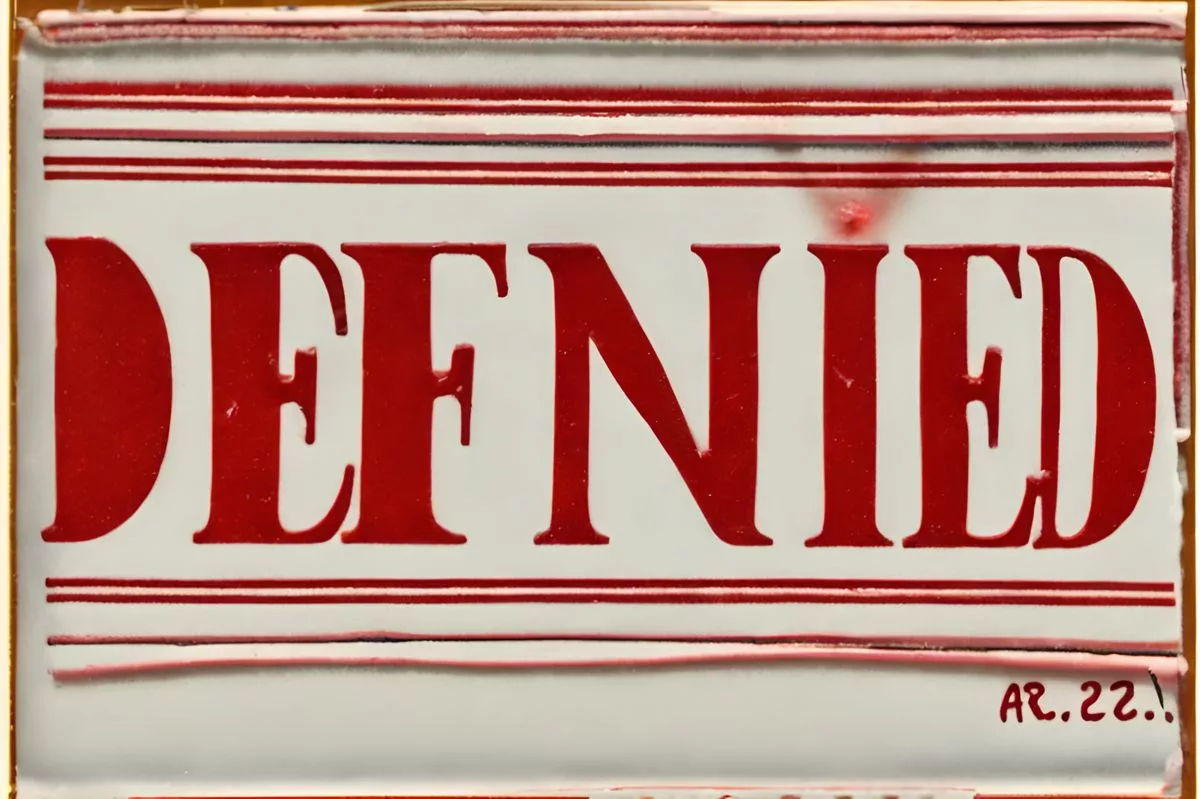Cape Town’s Arts and Culture and Environmental Planning and Sustainability Branches collaborated to offer a unique heritage education programme for young people, allowing them to connect with their roots and learn about the city’s history. The programme included engaging and immersive activities, such as educational sessions at the Attic Exhibition and guided tours of the Company’s Garden. This initiative aims to promote social harmony and unity, inspire curiosity in environmental planning and sustainability careers, and encourage the youth to shape a sustainable and cultured future.
Upholding Traditions: Cape Town’s Youth Connect with Their Past. Cape Town’s Arts and Culture and Environmental Planning and Sustainability Branches collaborate to offer a comprehensive heritage education programme for young folks aged 18 to 35. The initiative’s foundation was a sequence of engaging and immersive activities designed to facilitate learning.
An Innovative Approach to Heritage Education
In a bid to celebrate International Museum Month, Cape Town presented its younger generation with a distinctive platform to delve into their roots. City’s Attic Exhibition and [Nelson Mandela in Cape Town Legacy Exhibition](https://capetown.today/the-western-capes-rabies-vaccination-campaign-in-mossel-bay/) opened their doors to young folks aged 18 to 35, offering a comprehensive heritage education programme.
This initiative was the result of a collaboration between the city’s Arts and Culture Branch and the Environmental Planning and Sustainability Branch, aiming to illuminate the city’s historical and cultural importance. The programme’s foundation was a sequence of engaging and immersive activities designed to facilitate learning.
The Attic Exhibition, located in the City Hall on Darling Street, was the focal point of the programme. Here, an educational session was conducted in Mandela Exhibition’s classroom, showcasing the history of the City Hall and its distinguished visitors, including the esteemed former President Nelson Mandela. This engaging activity was more than a scholarly pursuit; it was a voyage through time, revealing the deep layers of the city’s history.
An Urban Oasis and the Importance of Museums
The programme also incorporated a guided tour of the lush Company’s Garden, a historical haven in the heart of the city. The tour was a stroll through the corridors of the past, highlighting the garden’s historic significance, the monuments it houses, and other significant locations.
The programme’s conception was in line with the annual theme set by the International Council of Museums (ICOM) for International Museum Day and Month, “Museums for Education and Research“. This theme underscores the integral role cultural institutions play in providing all-inclusive educational experiences.
Councillor Patricia van der Ross, the City’s Mayoral Committee Member for Community Services and Health, emphasized the importance of heritage education. She suggests, “Heritage forms the bedrock of our culture and holds a pivotal role in our society and commerce. It enables us to find our distinctiveness and shared past, promoting unity, comprehension, and social harmony.”
Transformative Power of History Education
Alderman Eddie Andrews, the Deputy Mayor, highlighted the potential of such endeavours for transformation. He contends that this “kind of history is a crucial source of identity for the younger generation.” The narratives shared, especially those about iconic figures like Mandela, assist the youth in appreciating their lineage, sparking curiosity in potential careers in environmental planning and sustainability.
Upon its culmination on 4 June 2024, an estimated 250 young citizens will have completed the programme. Several organizations, including Ikamva Labantwana in Crossroads, Advance Edukos Foundation in Mitchells Plain, Bonteheuwel Training and Skill Squad in Bonteheuwel, and the Advance Edukos Foundation in Strandfontein, have taken part.
The Attic Exhibition continues to welcome the public on weekdays, enticing guests to explore Cape Town’s evolution and governance story as depicted through art and artefacts accumulated over several years.
Implications for the Future
In summary, this initiative offers the youth an exceptional chance to plunge into history, comprehend the present, and influence the future. It encourages them to learn about their heritage, cherish their history, and identify opportunities that can guide them towards a sustainable and cultured future.
1. What is the aim of the heritage education programme for young people in Cape Town?
The heritage education programme aims to promote social harmony and unity, inspire curiosity in environmental planning and sustainability careers, and encourage the youth to shape a sustainable and cultured future.
2. Who collaborated to offer the heritage education programme for young people in Cape Town?
The Arts and Culture and Environmental Planning and Sustainability Branches of Cape Town collaborated to offer the unique heritage education programme for young people.
3. What activities were included in the heritage education programme for young people in Cape Town?
The heritage education programme for young people included engaging and immersive activities such as educational sessions at the Attic Exhibition and guided tours of the Company’s Garden.
4. What is the significance of the Attic Exhibition in the heritage education programme for young people in Cape Town?
The Attic Exhibition was the focal point of the heritage education programme for young people in Cape Town. An educational session was conducted in Mandela Exhibition’s classroom, showcasing the history of the City Hall and its distinguished visitors, including the esteemed former President Nelson Mandela.
5. What is the importance of museums and heritage education according to Councillor Patricia van der Ross?
Councillor Patricia van der Ross emphasizes the importance of heritage education, stating that “Heritage forms the bedrock of our culture and holds a pivotal role in our society and commerce. It enables us to find our distinctiveness and shared past, promoting unity, comprehension, and social harmony.”
6. How does the heritage education programme for young people in Cape Town aim to influence the future?
The heritage education programme for young people in Cape Town encourages them to learn about their heritage, cherish their history, and identify opportunities that can guide them towards a sustainable and cultured future. It inspires curiosity in environmental planning and sustainability careers, which can contribute towards shaping a sustainable future.

